Health & Medicine
-
 Microbes
MicrobesLeptospirosis bacterium still haunts swimming holes
Bacterial scourges lurk in warm recreational waters.
-
 Particle Physics
Particle PhysicsReaders ponder gravity wave physics
Gravitational waves, the benefits of fat and more reader feedback.
-
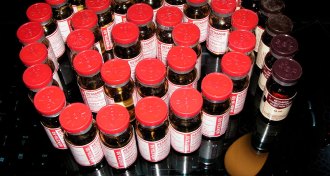 Neuroscience
NeuroscienceA breakdown product, not ketamine, may ease depression
Ketamine’s breakdown product, not the drug itself, eases depression, a mouse study suggests.
-
 Science & Society
Science & SocietyGun research faces roadblocks and a dearth of data
Gun violence research is stifled by funding shortfalls and limitations on data access.
By Meghan Rosen -
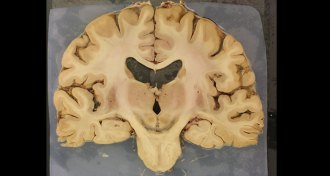 Neuroscience
NeuroscienceEvidence conflicts on iron’s role in Parkinson’s disease
Experiments yield conflicting results about whether vulnerable nerve cells have too much or too little iron.
-
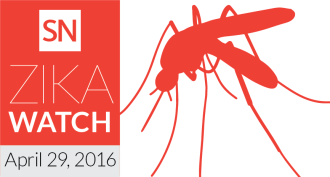 Health & Medicine
Health & MedicineThis week in Zika: Haiti hit early, possible monkey hosts, and more
A new test for Zika, how Haiti fits into the outbreak timeline, a look at monkeys that can carry the virus, and more in this week’s Zika Watch.
By Meghan Rosen -
 Health & Medicine
Health & MedicineHere’s some slim science on temper tantrums
Scientists have mapped the structure of toddlers’ tantrums, but preventives are hard to come by.
-
 Neuroscience
NeuroscienceLeft brain stands guard while sleeping away from home
Part of the left hemisphere stands sentry while the rest of the brain and body snooze.
-
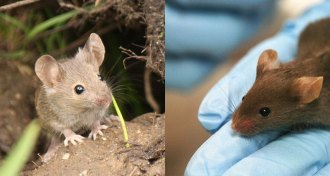 Health & Medicine
Health & Medicine‘Dirty’ mice better than lab-raised mice for studying human disease
Dirtier mice may better mimic human immune reactions.
-
 Health & Medicine
Health & MedicineClusters of cancer cells get around by moving single file
Clusters of cancer cells squeeze through thin blood vessels by aligning single file.
-
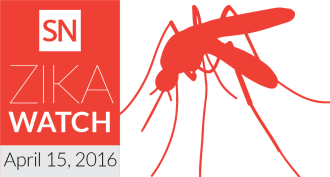 Health & Medicine
Health & MedicineThis week in Zika: Assessing risk, mosquito range, a transmission first and more
Several new reports document Zika infection in U.S. pregnant women, a case of male sexual transmission, the range of Zika-carrying mosquitoes and more.
By Meghan Rosen -
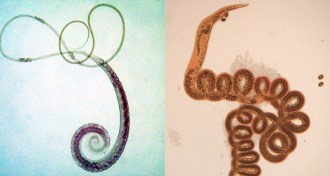 Life
LifeHaving worms can be good for the gut
Parasitic worms shift gut microbes and protect against bowel disease.